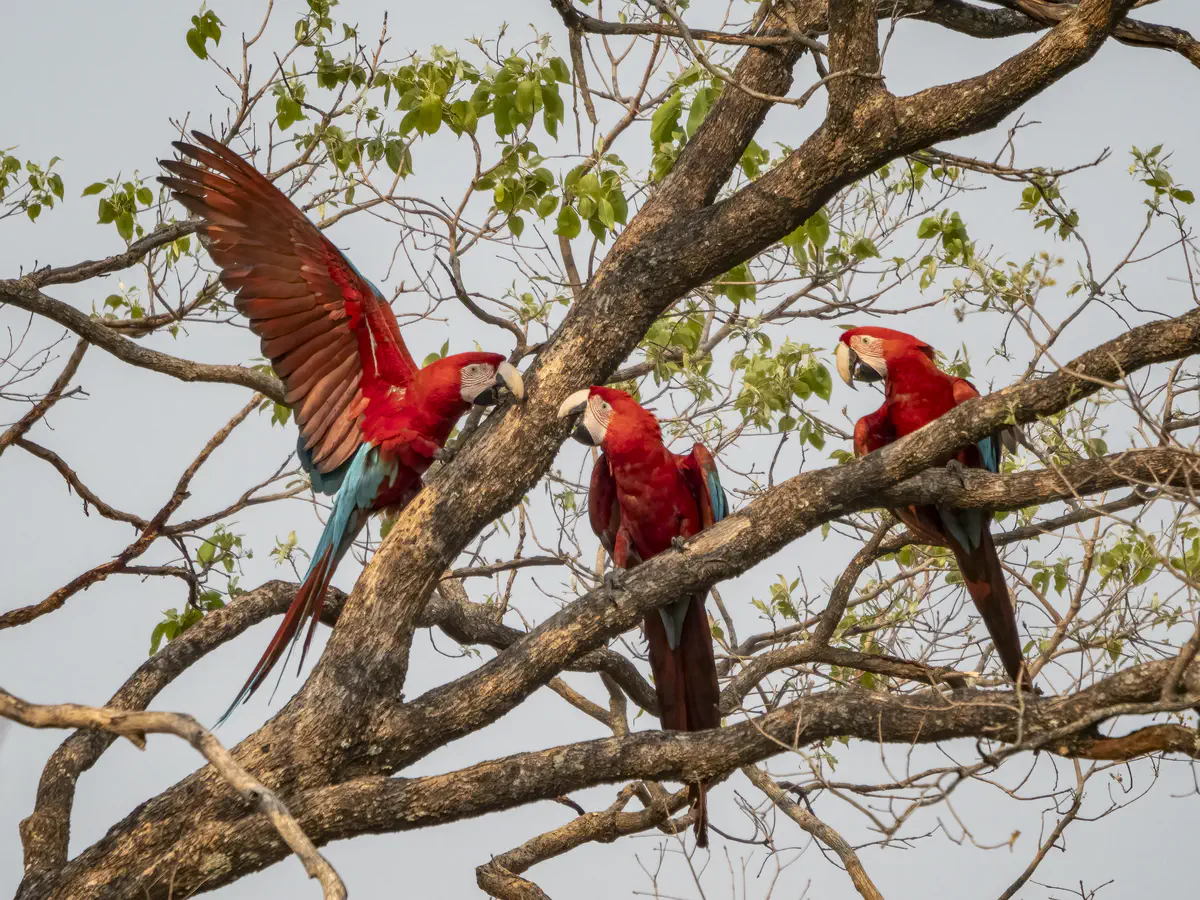New PhD Position on Land-Use Impacts on Biodiversity in the Bolivian Chiquitania

We are excited to invite applications for a new PhD position on the Land-Use Impacts on Biodiversity in the Bolivian Chiquitania.
The successful applicant will study the impacts of land-use change on birds and mammals in the South American Chiquitania and Gran Chaco. These ecoregions are global hotspots of agricultural expansion, triggering rapid and widespread deforestation. Understanding how these changes impact biodiversity is important to identify effective conservation strategies. In this context, the successful candidate will assess how recent land-use change affects the habitats and populations of birds and mammals of conservation concern. To do so, the candidate will use existing wildlife data and collect new wildlife data (e.g., using camera trapping, bird point counts, or sound recorders). Using these data, the applicant will assess how individual species, and bird and mammal communities, as a whole, vary across different land uses, and how they respond to changes in land use. The candidate will join the research team working on our project SystemShift, funded by the European Research Council (ERC).
Join us at the Conservation and Biogeography Lab of Humboldt-University Berlin. We seek to carry out cutting-edge research to understand where and why land use is changing, how these changes impact biodiversity, and which strategies can effectively balance conservation goals with land use. Our research approach brings together concepts and methodologies from geography, spatial ecology, social science, conservation planning, econometrics, and remote sensing. We collaborate intensively with researchers and research institutions worldwide, and we are active contributors to a range of international science networks such as FutureEarth’s Global Land Programme or different IUCN initiatives. We strive to collaborate closely with local conservation organizations and stakeholders. We do this in the hope of producing a scientific basis that can inform policy making, conservation planning, and action to help navigate land systems towards sustainable futures. The working language of the group is English.
We seek a candidate with an above-average MSc (or equivalent degree) in ecology, conservation, or related fields. We expect a passion for research and a strong interest in biodiversity conservation, land use and sustainability. A sound background in conservation science and wildlife ecology, expertise in biodiversity models (e.g., species distribution models, occupancy models), good knowledge of spatial data analyses and statistics (using GIS and R), as well as Spanish language skills are required. We also expect excellent command of the English language, good communication skills, and readiness to work in an international research team. Desired skills include experience in field ecological methods, regional experience, knowledge of scripting languages (e.g., GDAL, Python) and experience in translating science to conservation practice.
Full English description here.
Full Spanish description here.
Application deadline: 12th April 2023.